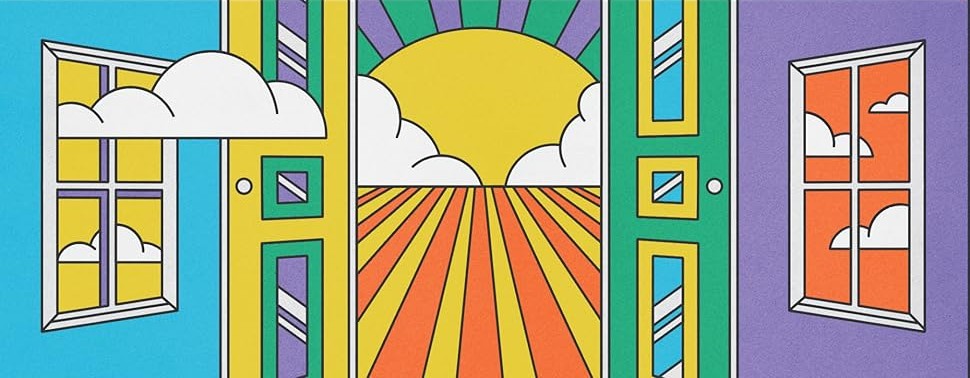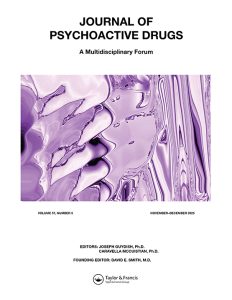 For over a decade, Alcoholics Anonymous has been my sanctuary. It was the place I turned to when I was lost, hopeless, and struggling to survive my alcoholism. In those early days, the rooms of AA felt like home—a place where I could finally breathe, speak my truth, and be accepted unconditionally. But recently, that sense of belonging has been shattered. I want to share my story with you, not to shame anyone, but to shed light on an issue that has profoundly affected me and, I believe, impacts many others in our community.
For over a decade, Alcoholics Anonymous has been my sanctuary. It was the place I turned to when I was lost, hopeless, and struggling to survive my alcoholism. In those early days, the rooms of AA felt like home—a place where I could finally breathe, speak my truth, and be accepted unconditionally. But recently, that sense of belonging has been shattered. I want to share my story with you, not to shame anyone, but to shed light on an issue that has profoundly affected me and, I believe, impacts many others in our community.
For years, I battled with not just alcoholism but also treatment-resistant depression. I did everything I could to manage it—therapy, medication, meditation, rigorous adherence to the 12 Steps—but nothing seemed to help. Every day was a struggle just to get out of bed, to keep going, to keep believing that things would get better. I kept showing up to meetings, kept raising my hand and sharing my pain, hoping that someone would offer a new perspective or a lifeline. But no matter how hard I tried, the darkness lingered, growing heavier with each passing day.
Then, my doctor suggested something different: a medically supervised ketamine infusion. I was terrified. I had heard of ketamine in the context of drug abuse, not healing. But I was desperate, and my doctor assured me that this was a legitimate, controlled, and evidence-based treatment for severe depression. After a lot of thought, prayer, and consultation with my therapist, I decided to give it a try.
The results were nothing short of life-changing. For the first time in years, I felt a lightness, a sense of hope that I had almost forgotten existed. The depression that had weighed me down so heavily started to lift, and I began to experience joy again. It wasn’t a cure-all, but it was a critical tool that gave me the strength to keep working on myself, to keep attending therapy, and to stay committed to my sobriety.
Feeling renewed, I went back to my AA meetings and shared my experience, hoping to encourage anyone else who might be struggling with something similar. I was met with a wall of silence. After the meeting, a few members approached me, not with support or curiosity, but with judgment and concern. “You know ketamine is a drug, right?” one of them said. Another told me, “AA is about sobriety, not finding new ways to get high.”
I felt my heart sink. I tried to explain that this wasn’t about getting high, that it was a medically supervised treatment that saved my life in ways that AA and therapy alone could not. But my words fell on deaf ears. The next week, a long-time member gave a share that was clearly directed at me, talking about the dangers of “experimenting with substances” and how that’s a slippery slope back to active addiction. Others nodded in agreement, and I felt myself shrinking in my seat, tears welling up in my eyes.
I left that meeting feeling more alone than ever. I had always believed that AA was a place of acceptance, of unconditional love, but now it felt like there was a line I had crossed, a rule I had broken by choosing a path to recovery that wasn’t purely about the Steps. The whispers behind my back grew louder, and soon, I felt like an outsider in the one place I had always felt safe.
I understand that the 12 Steps have helped millions of people, and I am grateful for the role they played in my journey. But I also know that recovery is not one-size-fits-all. Sometimes, we need more than meetings and sponsors. Sometimes, we need medical intervention, whether that’s medication for mental health issues, like depression or anxiety, or other therapies that help us heal. For me, ketamine infusion therapy was not a choice to abandon my sobriety but a decision to save my life.
I’m not writing this to attack AA or anyone in it. I’m writing this because I believe we need to have a broader conversation about what recovery can look like. We need to acknowledge that there are multiple paths to healing and that sometimes, the best way to stay sober is to address the underlying issues that led us to drink in the first place. That might mean therapy, medication, or other treatments that don’t fit neatly into the AA box. And that’s okay.
To anyone else who feels judged or rejected for taking a different path in their recovery: you are not alone. Your journey is valid. Your life is worth saving, no matter what that looks like for you. Keep fighting, keep seeking what works for you, and remember that there are many of us out here who understand, who see you, and who stand with you in your journey.
I don’t know if I will ever feel at home in my AA community again. But I do know that I am alive today because I chose to listen to my own needs and seek the help that was right for me. And that is something I will never regret.




